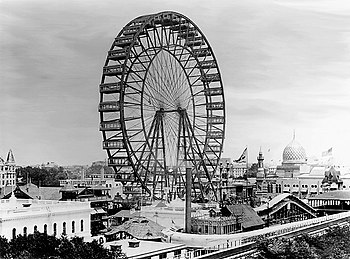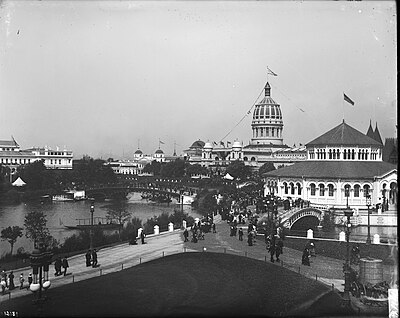Let me begin by saying that I hate, hate, hate political dogma. My personal innermost circle of hell is filled neck deep with letters to the editor, Hannitys, Colmes', Rushs, and people who think NPR is infallible.

I learned at BYU that I could tolerate any political opinion, so long as anyone could demonstrate to me that he or she had actually considered the issues involved with the opinion rather than the mantras, statements, and catchphrases.
The last thing the world, or any democracy, needs is one more drone screaming "No blood for oil!" or "Illegal immigration is illegal!"
If we are polarized as a nation, and we are getting there, then what right, what outrageous audacity, does anyone claim that would entitle them to paint the other half of the population as idiots? What makes you so much smarter? Especially if you cannot even see the merits of opinions held by the other half?
Any issue worthy of public debate has very valid reasons for support and disapproval.
That said, I'm sick of hearing claims and barbs about climate change from people who could not tell a p-value from a pea pod, and from folks who have never once cracked a peer reviewed publication. Furthermore, even if we were to learn some generations later that climate change is a grand fraud perpetuated by mass hysteria in the international scientific community; even if any measure we can take to reduce pollution pales in comparison to the negative impacts of third world industrialization; even if a drive toward pollution reduction is paternalistic and keeps the proletariat nations bound to cheap production for the bourgeoisie; why not make an effort to do what's right and reduce pollution on our end in general? Not because we have to in order to avoid a dooms day. Not because we can certainly make a great impact. But because we can do something.
Just because the commons lies covered in tragedy, is that any justification for us not to pull back and corral whatever cows we are able?
Is there anyone willing to argue that pollution is beneficial? Should potential ecomonic impacts drive all our decisions? Surely you've given up money hundreds of times this year in consideration of a higher quality of life. So why dig in your heals and fight conservation just because the guy on AM radio says Obama is a fascist?
For shame. Conservation should be a general principle of a prudent life, whether in terms of environment, energy, finances, materials, or any resource. And what ever happened to our national sense of stewardship?

How is drawing more heavily against nature's balance (which we are doing to some degree unless you actually believe pollution is beneficial environmentally) for economic consideration any less blameworthy than leaving behind a legacy of debt for your children to promote some current ease? (And don't try to argue entitlement spending here--it needs to be addressed too; I don't dispute that--it has nothing to do with the wholesale mortgage of environmental quality the world has been bent on since the industrial revolution.)
So, though I hate, hate, hate politically inflammatory rhetoric, I actually found this article really satisfying. (Though use of the "T" word was obnoxious.)
New York Times: "Betraying the Planet"










